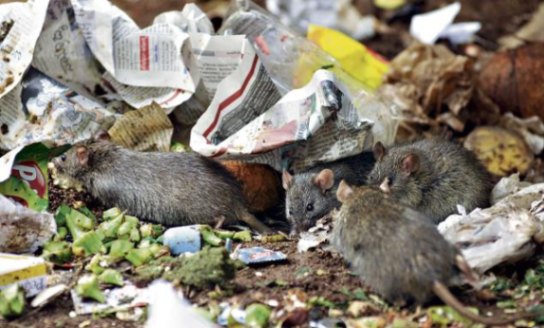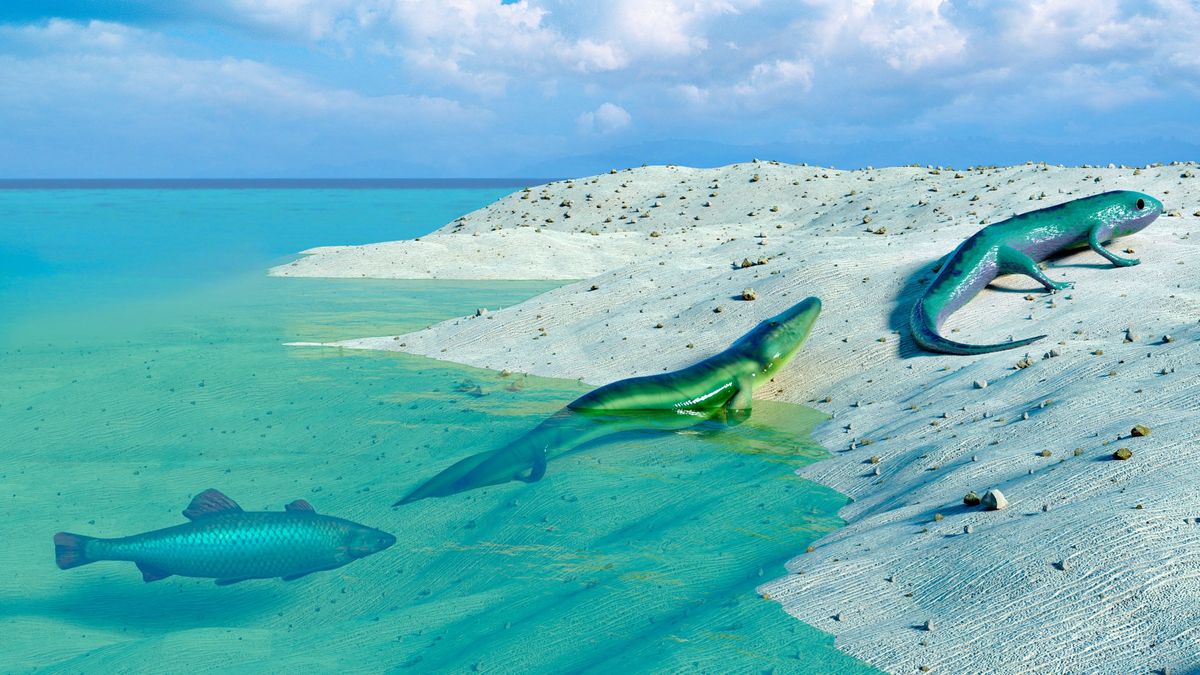Evolution has been a long journey, from eyeless fish in ancient seas to mammals that lived after dinosaurs, and now to us, Homo sapiens. Mistakes in genes sometimes lead to better traits, which get passed on. But evolution continues; it’s still happening and might even be getting faster.
Plastic Eaters: A New Adaptation?
As our environment changes, so do the organisms living in it. One interesting possibility is that some creatures might start using plastic as food. With the amount of plastic pollution in our oceans and lands, any animal that can digest and thrive on plastic would have a significant advantage. Imagine a future where bacteria or insects evolve to break down plastic waste, turning it into a resource rather than a pollutant.
City Survivors: Rats on the Rise
Rats are already masters of adaptation, thriving in diverse environments from rural areas to bustling cities. Scientists have noticed that rats are evolving to suit specific cities. For example, New York rats have developed unique traits to survive in the Big Apple. As humans continue to spread and change the landscape, rats’ genetic diversity increases, making them even more adaptable. This genetic variation provides potential solutions to new environmental challenges, ensuring their survival.

Future Predators: Carnivorous Pigeons?
In a world where traditional predators like tigers go extinct, we might see some surprising new hunters. Picture flightless, carnivorous pigeons or rats growing to the size of ostriches, preying on animals that tigers once hunted. Without human intervention, large predators could evolve once more, filling ecological niches left vacant by extinction.
Survivors of the Future
When considering which organisms are most likely to survive and thrive, think about the hardy creatures we see today: rats, rodents, cockroaches, and pigeons. These animals are incredibly resilient and adaptable. For instance, cockroaches can survive extreme conditions and have been around for hundreds of millions of years. As long as there are challenges to overcome, these creatures will find ways to adapt and survive.
The Endless Journey
Remember, evolution doesn’t have an endpoint. It’s a continuous process driven by changes in the environment and the need for survival. As the world changes, so too will the organisms living in it. Whether it’s plastic-eating bacteria or urban rats, life will keep adapting in surprising and fascinating ways. The future of evolution is an open book, filled with endless possibilities.
Reference Links
https://www.vox.com/down-to-earth/22734772/future-animals-evolution-unexplainable
https://www.bbc.com/future/article/20190715-strange-evolution-the-weird-future-of-life-on-earth
